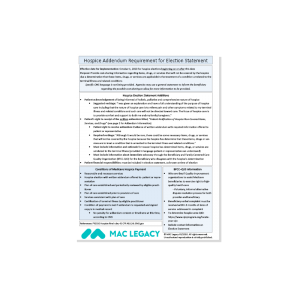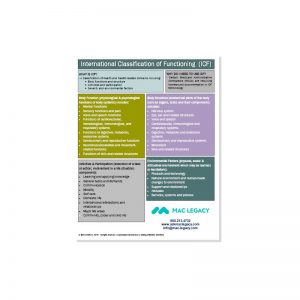Nothing can be quite as deflating to hospice leadership and staff as these words. Whether hospices are in the midst of TPE or other medical review, a common denial reason is failure to support the six-month terminal prognosis. Diagnosis alone may not suffice in establishing the physician’s prediction of the patient’s life expectancy. Hospices with…
Nothing can be quite as deflating to hospice leadership and staff as these words. Whether hospices are in the midst of TPE or other medical review, a common denial reason is failure to support the six-month terminal prognosis. Diagnosis alone may not suffice in establishing the physician’s prediction of the patient’s life expectancy. Hospices with patients who have been on hospice services for extended periods are particularly vulnerable to government scrutiny. It’s essential for hospices to base the terminal illness on solid clinical information which provides a basis for terminal prognosis. In turn, hospice staff are tasked with documentation which supports the primary and comorbid diagnoses throughout the hospice election. Effective clinical notes utilize comparative data from previous timepoints to demonstrate patient decline or instability. However, it’s not uncommon for staff to suffer from “documentation fatigue” on longstanding patients whose decline is gradual. Clinicians feel they have nothing new to write. Nevertheless, each note should stand on its own in support of the patient’s terminal status. Use of documentation based on the International Classification of Functioning, Disability, and Health (ICF) is an effective method of relating symptoms back to the primary and comorbid diagnoses. A proactive approach in the examination of clinical documentation is essential to decrease the risk of those painful words—claim denial.



